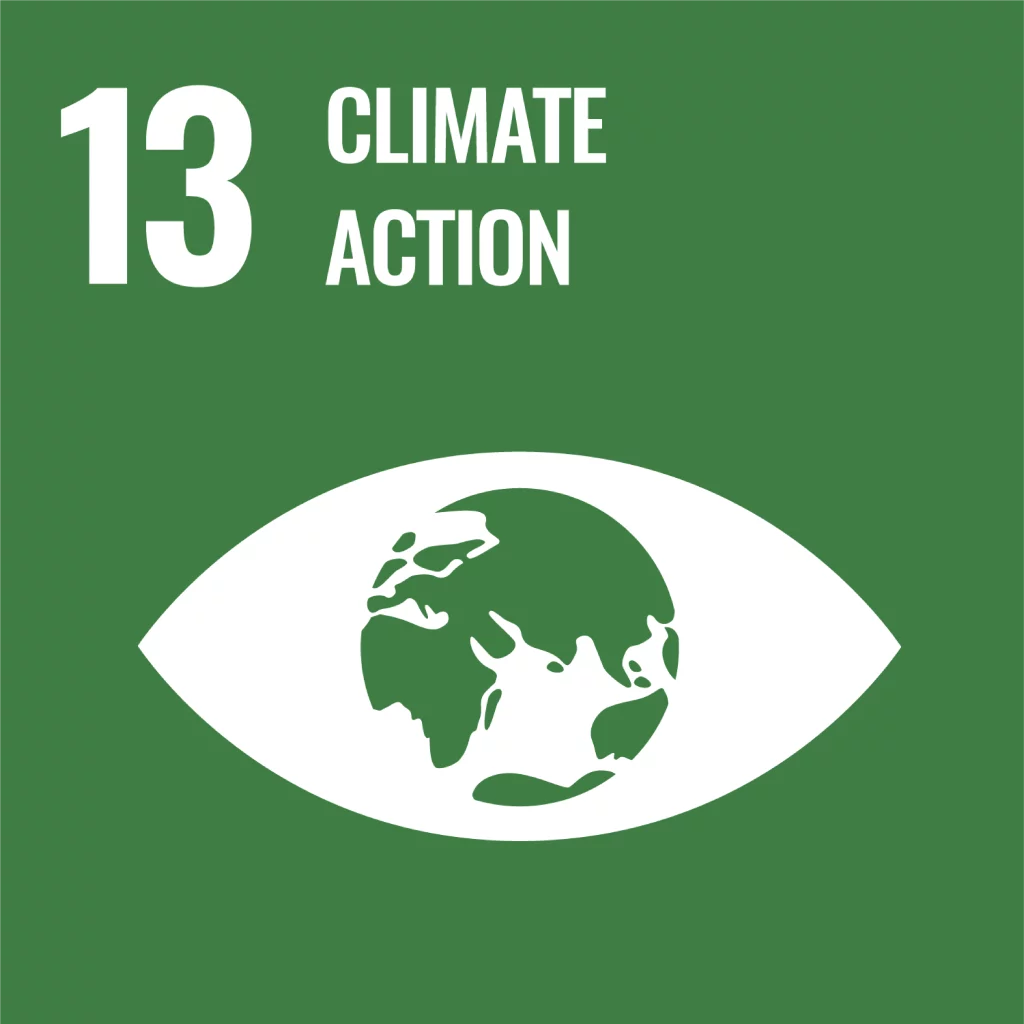Yayasan Sime Darby Annual Report 2025
Life Below Water
RM1.11 million
Total YSD support (2021–2026)
7 schools 600 students
Sea, Science & Schools (Langkawi)
Offshore surveys
818 kg
of marine trash and ghost nets removed (Langkawi-Payar area)
By-catch guidelines distributed
30
BM full-version
200
English simplified
1,000
children's books distributed
54
volunteers trained
40
DoF officers trained
351
students in Sekolah Lestari (SK Seri Lagenda)
21,501 participants
engaged via Whales-On-The-Wheels schools and community visits

Sea, Science and Schools
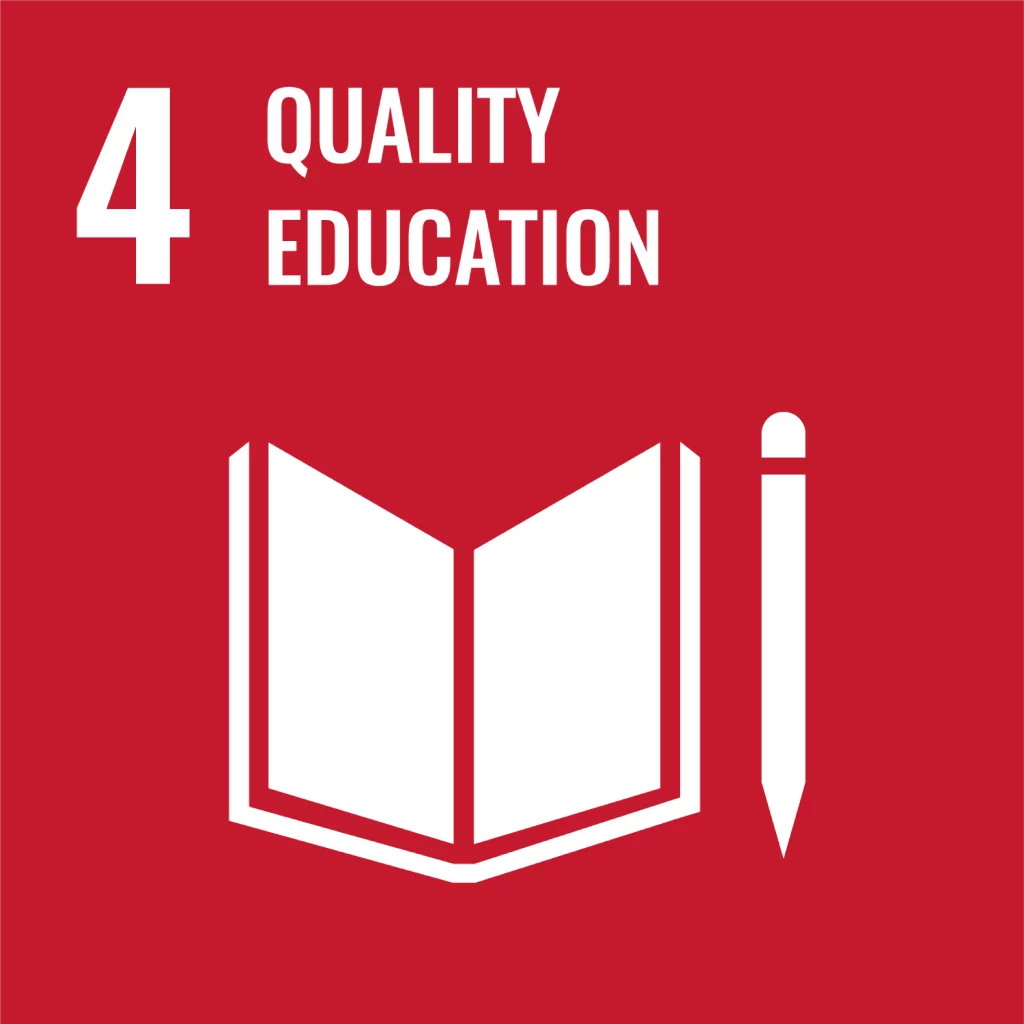
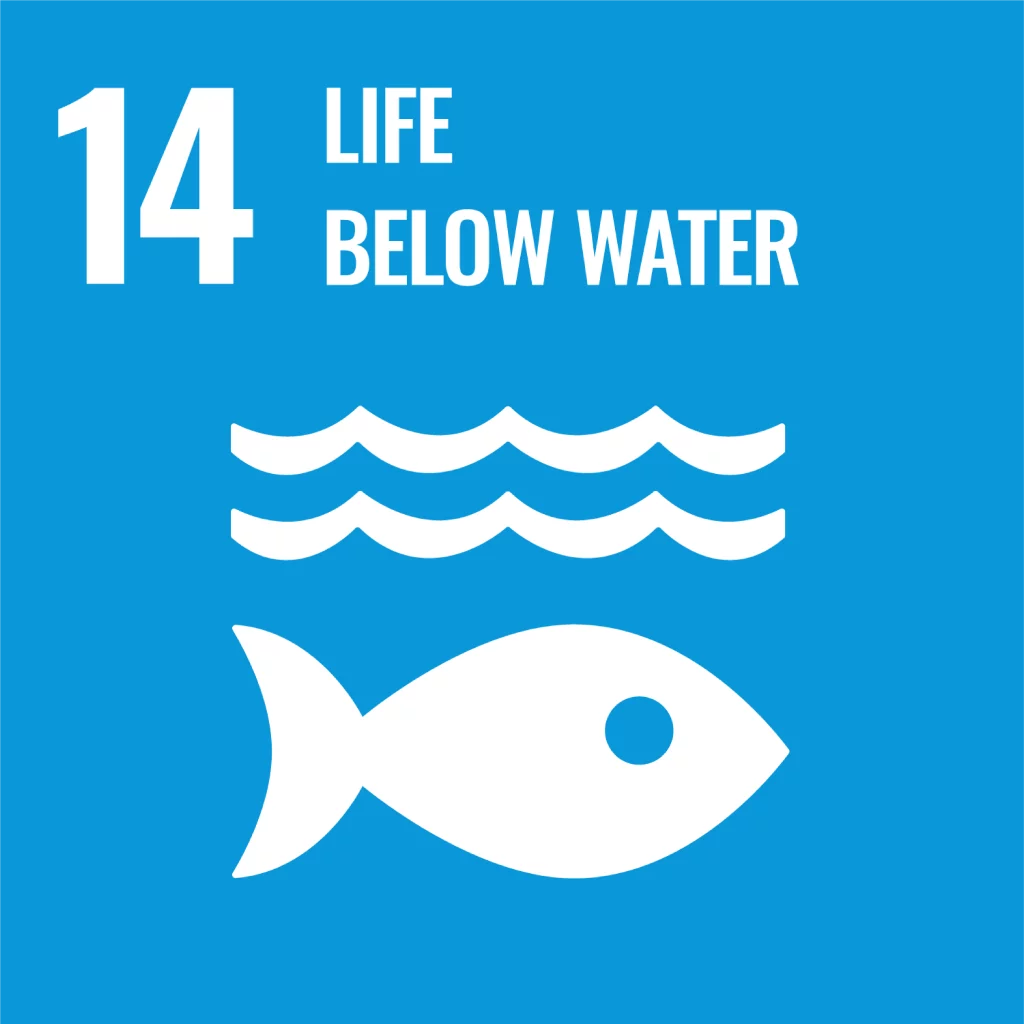
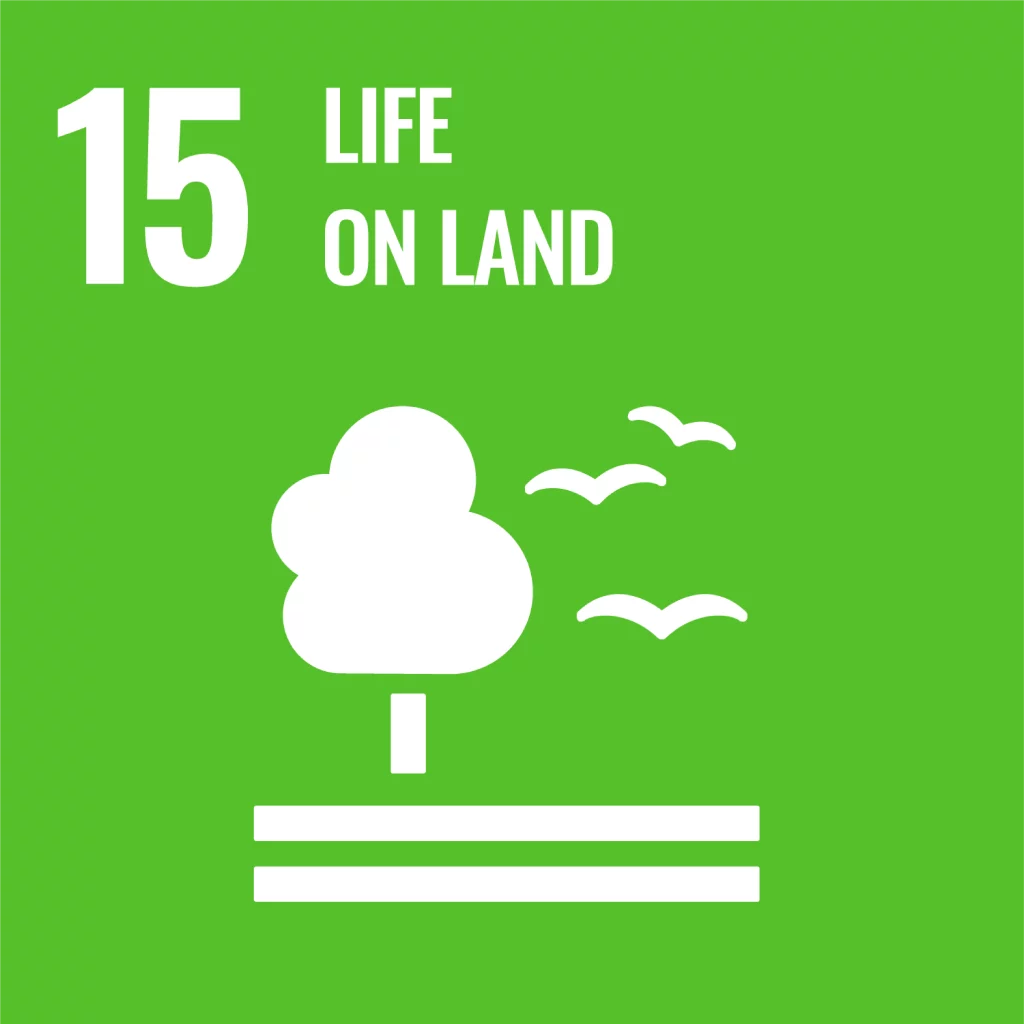
In the waters around Langkawi, and along the coasts of Kedah and Perlis, Dr Louisa Ponnampalam and the MareCet team are blending marine research with grassroots education, turning boat surveys and school visits into learning that lasts.
Teacher empowerment now reaches beyond classrooms. In Langkawi’s Island communities, the Sea, Science & Schools programme works with seven schools, providing materials and coaching so teachers can bring marine science into everyday lessons for 600 students. At SK Seri Lagenda, under Sekolah Lestari, 351 students now practise waste segregation, water saving and classroom audits — habits guided by trained teachers who translate awareness into action.
The impact both on land and at sea is tangible. Whales-On-The-Wheels, MareCet’s travelling marine-science classroom, brings out specimens and interactive displays so students can learn how sound moves underwater and meet Malaysian dolphin species through short talks and activities. Whales-On-The-Wheels has visited 26 schools, reaching 10,601 students and teachers. MareCet also developed and printed 1,000 copies of Mummy, Where’s My Dorsal Fin? for schools, trained 54 volunteers, held a workshop for 40 Department of Fisheries officers, and distributed by-catch handling guidelines (30 in Bahasa Malaysia; 200 in English). Offshore surveys around Langkawi and Payar Archipelago removed 85 kg of marine trash and ghost nets.
What stays with students and teachers are the moments: “Did you know rubbish takes this long to disintegrate?” students still ask years after a visit. One teacher recounts a boy who returning from a dolphin sighting trip, said, “It’s one of the best things I’ve ever done,” and continued discussing ocean health at home that very night. Teacher Gurpreet reminds us: “Actions might be small, like refusing an extra plastic bag. But that makes a big difference—one less plastic item being used.”
MareCet is Malaysia’s only NGO dedicated solely to marine mammals. Beyond strading response, its research and advocacy inform marine-conservation policies and boating codes, with the team directly involved in eight local and international policies to date. Their field data are also being used to support Malaysia’s effort to re-nominate the Payar Archipelago and offshore Langkawi as an IUCN Important Marine Area (IMMA). On the ground, MareCet trains front-line agencies and fishers, including workshops with the Department of Fisheries and distribution of by-catch handling guidelines to improve protection at sea. With recognised expertise in research, stranding response and policy, and with YSD’s support, MareCet is strengthening local capacity, improving protection for whales, dolphins and porpoises, and safeguarding the marine ecosystems they depend on.
Beyond the Nets
Across Malaysia’s fishing grounds, simple tools and trusted relationships are changing what happens beneath the surface. Turtle Excluder Devices (TEDs), which are metal grids fitted into trawl nets, allow turtles to escape while retaining the catch. Fishermen spend less time sorting bycatch, nets suffer less damage, and catch quality improves, which help boats fish more efficiently and support fishermen incomes. Paired with “SharkCam” electronic monitoring on working boats, the programme links day-to-day fishing practices with practical marine conservation.
Monitoring now covers 725 weeks of footage. The cameras have captured thousands of sharks and ray bycatch events and mapped hotspots for targeted action. These findings contributed to Malaysia’s first time–area closure for shark and ray protection, approved in April 2024, which is expected to safeguard over 90% of Sabah’s breeding populations of Scalloped Hammerheads and Bottlenose Wedgefish.
Change at sea is practical and immediate. Fishers and officers have been trained nationwide. TEDs are now mandatory on shrimp trawlers in four East Coast states, and adoption is expanding. “We are not interested in counting the declines—we are doing something about them,” says Dr Nicolas Pilcher of the Marine Research Foundation (MRF).
So far, the results show conservation and livelihoods can go hand in hand: 1,172 sea turtles saved, more than 290 TEDs installed, and over 1,500 fishers and officers trained in sustainable practices. Two sites in Sabah have also been recognised as Important Shark and Ray Areas (ISRAs) by IUCN.


Yayasan Sime Darby (YSD)’s support totalling RM3.61 million over almost nine years, including a matching grant from the Ministry of Finance (MOF) in 2021, has ensured sustained community engagement and long-term policy development. “This is a long-term process; we work closely with fishers and decision makers,” Dr Pilcher added.
Together, YSD, MRF, Department of Fisheries Malaysia, fishing communities and national authorities are advancing responsible fishing practice and strengthening protection for turtles, sharks and rays along Malaysia’s coasts.
RM3.61 million
YSD support (9 years)
1,172 turtles
saved via TED adoption
725
weeks of electronic monitoring (“SharkCam”) analysed
Time-area closure approved April 2024
protects >90%
breeding sharks/rays
290+
TEDS installed
1,500+
fishers & officers trained
228 TEDs
have been deployed across Malaysia
2 ISRAs
designed in Sabah

